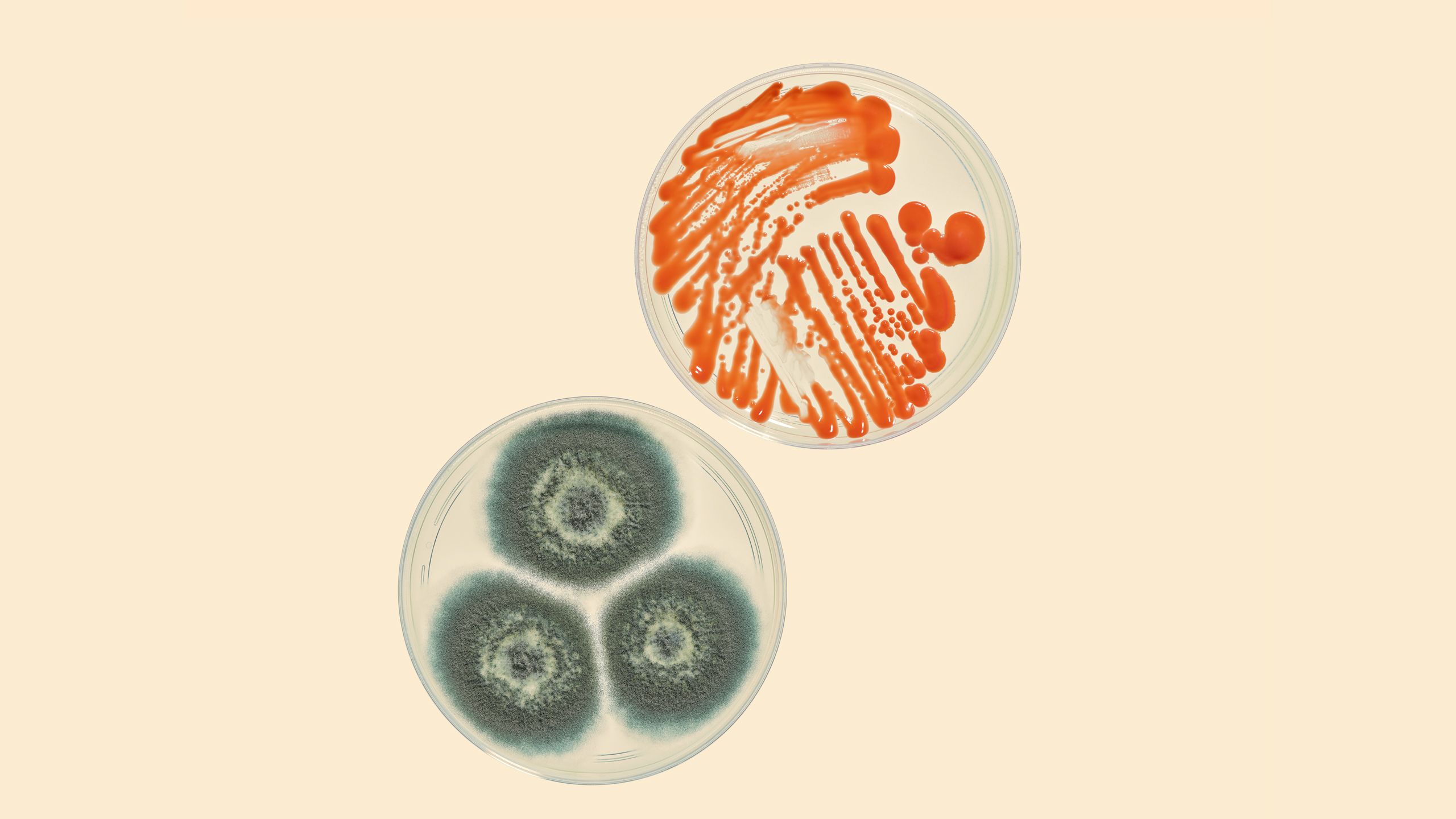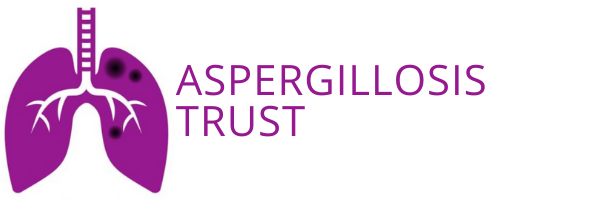
Fisher Labs
The Fisher Lab are a research group. They are based at Imperial College London's Department of Infectious Disease Epidemiology, at St. Mary's Hospital in London. They are working in Emerging Fungal Pathogens. Their group is focused on developing genomic, epidemiological and experimental models to uncover the factors driving these diseases, and to attempt to develop new methods of control.
Current interests include:
Mapping the global expansion of fungal disease.
Research on the ecology and drivers of amphibian skin infecting chytrids.
Tracing the evolution of drug- resistance in human fungal pathogens.
The Evolution of Resistance
Is the widespread use of azole antifungal sprays in agricultural crops leading to environmental selection for resistance in Aspergillus fumigatus, thus resulting in decreased patient survival following infection?
A. fumigatus is a globally ubiquitous fungus, being present on decaying vegetation and in soils, where it performs a valuable role in nutrient recycling. The fungus is a minimal health threat to healthy individuals. However, patients who suffer from cystic fibrosis, cancer or who have received organ transplants and are undergoing corticosteroid therapy are at risk from ‘invasive aspergillosis’. Current estimates indicate that over 63,000 patients develop this fungal disease annually across Europe. The current method for controlling infections is by administering azole antifungal drugs, which are also used as fungicides to control crop diseases. However, we and others have shown a sharp increase in the resistance of A. fumigatus to frontline azole antifungals, with unacceptably high mortality rates in these at-risk patient groups. The mutations that confer resistance of A. fumigatus to these drugs appear to have evolved in the environment, rather than the patient.
We use genome sequencing and cutting-edge statistical genetic methods to determine when and where these mutations originated globally, use newly isolates samples to test whether they occur in the UK environment and in patient populations, whether they are spreading to invade new environments here and elsewhere, and whether novel undescribed resistance mutations exist.
We are directly measuring the risk that the use of antifungal compounds has on evolving resistance in non-target fungal species, and also are answering important questions on the distance that these airborne fungi are able to spread and share genes with one another. Our findings will not only be of high relevance to healthcare professionals, directly informing diagnostic protocols and disease management in intensive care settings, but will also inform current debates on the costs of widespread use of antimicrobial compounds in the environment. These goals all feed directly into NERC’s new strategic direction ‘The Business of the Environment’.
Principal Investigator: Professor M.C. Fisher, Imperial College London, School of Public Health
Co-Investigator: Dr. T. Jobart, Imperial College London, School of Public Health
Co-Investigator: Dr. D. Armstrong, Imperial College London, National Heart and Lung Institute

Funders: Natural Environment Research Council (NERC), Medical Research Council (MRC)
An article from Imperial College London on antifungal resistance. Professor Matthew Fisher says "Because we’ve lived with A. fumigatus for millions of years, a whole arm of our immune system is devoted to killing it. Without that, it would rot us down in a flash".
https://www.imperial.ac.uk/stories/antifungal-resistance/
Jennifer Shelton had her paper published in September. on her Citizens Science Projects.
https://theoryandpractice.citizenscienceassociation.org/article/10.5334/cstp.325/
Jennifer Shelton has written an Imperial Medicine Blog published 27th May 2020
Covid-19 and fungal lung infections - a case study on Aspergillosis
Jennifer Shelton, PhD student is currently working on a new project . The new research is called Soil-Stice. Jenny has asked that soil samples be taken on 21st June 2019 this again is to monitor resistance to azole fungicides.
The Air-Quinox Citizen Science Project has now finished
24th September, 2018
17th to 21st December 2018
20th March 2019
This is at patient's homes and places of work. The aim of this research is to monitor for resistance to azole fungicides and map the results from across the UK.
https://www.google.com/fusiontables/DataSource?docid=1xo30p7EVAFdhUmRsb1CPU6r1r2IASRLb3TuaZ7wX
This interactive map shows the location of the air samples collected on the Autumn Equinox in September. Blue indicates air samplers that did not grow colonies and green indicates those that did. Click on your points to see the number of Aspergillus fumigatus colonies that grew from your air sampler (NB: The colony-free air samplers are as fascinating to Jenny as those that grew colonies, as it shows that A.fumigatus isn't omnipresent as she had assumed and it also reassures her that contamination is not an issue in this project).


